Table of Contents
This article explore the worthiness of applying, passing and holding the PMI-ACP certificate. The writer is a PMI-ACP holder and possesses many other Agile certifications in addition to being a certified Agile trainer (Scrum, SAFe…). Reading time: less than 5 mns.
2025 Note: With PMI integration of the Agile Alliance, there are chances that the PMI-ACP will be redefined and its possible value increase.
What is the PMI-ACP?
ACP stands for Agile Certified Practitioner and is developed by the Project Management Institute (PMI). The PMI-ACP was the answer of PMI to the growing needs of its members to have their Agile experience recognized from 2012 till late 2019. It was also a welcome addition to the various PMI certificates during this period to counter balance the perception of some individuals and groups – mostly present in the Agile community – that PMI = “waterfall” = “has been methodology/losing horse/source of all evils”.
Although PMI touted many times that the ACP is its fastest growing and number two certificate by number of holders, the said number (30k+ in end 2019) has been lagging far behind the number of PMP holders (1 M+) and other well recognized Agile certificates (CSM, PSM, etc..) to date. Interestingly, the PMI itself has been working hard on diversifying its Agile offerings during late 2019 and this actually warrant some interrogations regarding the future of the PMI-ACP.
Hence, if you are interested in Agile and want to get certified, is the PMI-ACP actually worth it?
Let’s have a look: we will go through my personal experience of acquiring the PMI-ACP then compare its strengths and weaknesses before offering a conclusion.
My personal experience going through the PMI-ACP
I actually hold many Scrum certificates (CSM, PSM, PSPO, LST, SPC, SPS…) and the ACP interested me as its goal is to ensure that the holder not only know about Scrum but Agile in general, including various frameworks and widespread Agile practices. An ACP aspirant require as well to report actual and practical project management and Agile experience. I played with the idea to pass the exam for 2 to 3 years and the trigger was the bundling of the Agile Practice Guide with the PMBOK 6. The Agile Practice guide is a quality publication written by the PMI in collaboration with the Agile Alliance and upon which many ACP questions are based. The association with the Agile Alliance for this publication gave to my view a lot more credibility to the certificate. After having made the decision to pass ACP, I captured my required Agile experiences on the PMI website in early 2019 and paid for the fee once eligibility was confirmed. For the following 10 months, I did absolutely nothing to prepare for the exam as I was absorbed in many other duties – among them, creating the Value Insights website and related company with my partner Alex. So in Februray 2020 and as time was running out for passing the test, I decided to do some free practice tests found online and re-read the Agile Practice Guide over a 10 days period. As most scores I got were in the ok range (above 80%) and I only had a couple of weeks left, I decided to register and pass the test from home instead of going to a test center.
The ACP tests are currently administered by Pearson Vue and due to a PMI policy, you need to register for it 24 hours in advance. I was surprised and lost a day due to this as I was expecting that I would launch the test immediately after registration. Nevertheless, I managed to schedule the exam the following day. The exam’s experience was somewhat annoying to me and this for two things.
The first thing is that you are constantly monitored during the whole test and can be interrupted at any time by an examiner. This was especially true for me during the first 15 minutes, the examiner was hearing some noise and wanted to check what it was – I had to walk my camera a few times in the room to show that I was the only person present.
Secondly, and way more important, the questions are – to my view – not properly phrased and can be confusing at times. As PMI promotes the possibility of hybrid models (predictive vs adaptable, which is a reality in some if not the majority of companies), the ACP contain questions with references to roles such as project manager, agile team leader, senior member, etc… Those roles are not expected to be present in a “pure” Agile environment. After reviewing some questions, I more often than not had a better alternative to propose to the choices offered or I found that I was missing an additional piece of information to make a proper choice.
In general and similar to many multiple choices exams, you will often have two bad choices offered which can be removed right away and two other ok/not so great choices left from which you have to make a choice. Again, the exam itself was not a pleasant experience to me due to those two reasons (monitoring and quality of questions) although I used less than half the time required (less than 1h30 mns). I strongly believe that the PMI should review the quality of the ACP questions if it wants it to stay relevant.
After I submitted my exam answers, I had a screen congratulating me that I had passed the exam but could not see any results -that was another source of frustration! I had to wait a day before receiving the detailed results by email. After short review, I found that I cleared all the required subjects above target -this was not much of a surprise to me given my Agile background and the exam experience and quality did not help me in reaching a satisfaction feeling.
But hey, who cares? Even if my experience was not great, should it prevent you from passing this exam? Let’s have a look!
What is the value proposal of the PMI-ACP?
There are definitively a lot of good points in holding a PMI-ACP and here are some of them:
- It recognizes your work experience as Agile practitioner (having done it, rather than knowing how to do it only)
- It requires that you know more than “just” Scrum
- The exam is slightly more difficult than the average Agile certificate(s) on the market
- The PMI seal carries weight and credibility to other companies thanks to the PMP recognition and number of holders
- Any Agile training can be used to build eligibility for the exam as long as it is of at least 21 hours duration (so you could do a 3 days Scrum training for example rather than a specific PMI-ACP exam preparation training)
What are the weak points of the PMI-ACP?
There are as well definitely some weaknesses in the ACP and there are:
- For preparing for the exam, training experience will vary from provider to provider
- The list of topics which are part of the exam is so long that it is difficult to avoid being superficial on some subjects during the related training e.g. scaling frameworks are barely a few lines, there is no explication on their mechanisms
- The price of the exam is high in comparison to other credible alternatives e.g. PSM I (450 vs 150 USD)
- The exam experience itself is sub-optimal, questions should be reviewed (see my personal experience paragraph on this)
- PMI is changing its Agile certificates offerings with changes in the PMP and introduction of Disciplined Agile (DA)
Among all those points, the PMI changing its Agile offerings should be the biggest consideration to take into account for possible PMI-ACP exam takers.
- With the contents of the revised PMP exam to be at least 25% on Agile and 25% on hybrid methodologies as of Q3 2020, what is now the value of the ACP?
- What about Discipline Agile certificates which propose a tailor made version of Agile and are well into the ACP spirit?
- How to position the ACP between those two strong offerings?
With this in mind, let’s review above points and come to a conclusion….
Review of the PMI-ACP: ACP vs PMP vs others
In light of above information, should one still consider and decide to go for the ACP certification? Here are my two cents as an ACP holder…
In case you are new to Agile, I would rather recommend you to go through a Scrum course backed by one of the big 3 Scrum organizations: Scrum Alliance, Scrum.org, Scrum.inc. It would definitely be a better use of your time and you would not qualify for the ACP anyway due to minimum Agile experience required. You can have a look at the certificates proposed by those 3 organizations in our PSM I, CSM and SM article.
In case you are Agile experienced, all depends if you are certified by one of the above mentioned Scrum bodies already. If you are, going through the PMI-ACP could be a viable option. Yet, a possibly better choice would be a Disciplined Agile (DA) certificate proposed by PMI – see DA trainings offerings by PMI. If you are not certified in Agile at all, a cheaper and quality certificate – although less comprehensive – would be the popular Professional Scrum Master (PSM I) certificate.
Finally, in case you are full of certificates already and gaining knowledge is one of your passion (like it is mine), then the PMI-ACP should eventually come as one of your learning and certificate option. Although probably not for long, as PMI would need to explain its strategy towards this certificate for the future due to the recent DA acquisition.
We hope that this article will help you in making and informed choice and in case you are still unsure, this could be of use to you:
Related Blog Posts
Our Mock Exams
-
ITIL 4 Foundation Musterprüfung – 280 Übungsfragen
€ 19,99Original price was: € 19,99.€ 15,99Current price is: € 15,99. -
ITIL 4 Foundation Mock Exam Pack – 280 Practice Questions
€ 19,99Original price was: € 19,99.€ 15,99Current price is: € 15,99. -
ITIL 4 Foundation Mock Exam Pack – 160 Practice Questions
€ 15,99Original price was: € 15,99.€ 9,99Current price is: € 9,99. -
ITIL 4 Foundation Pack Examens Blancs – 280 Questions
€ 19,99Original price was: € 19,99.€ 15,99Current price is: € 15,99. -
ITIL 4 Foundation Pack Examens Blancs – 160 Questions
€ 15,99Original price was: € 15,99.€ 9,99Current price is: € 9,99. -
ITIL 4 Foundation Musterprüfung – 160 Übungsfragen
€ 15,99Original price was: € 15,99.€ 9,99Current price is: € 9,99.
Most Popular Posts
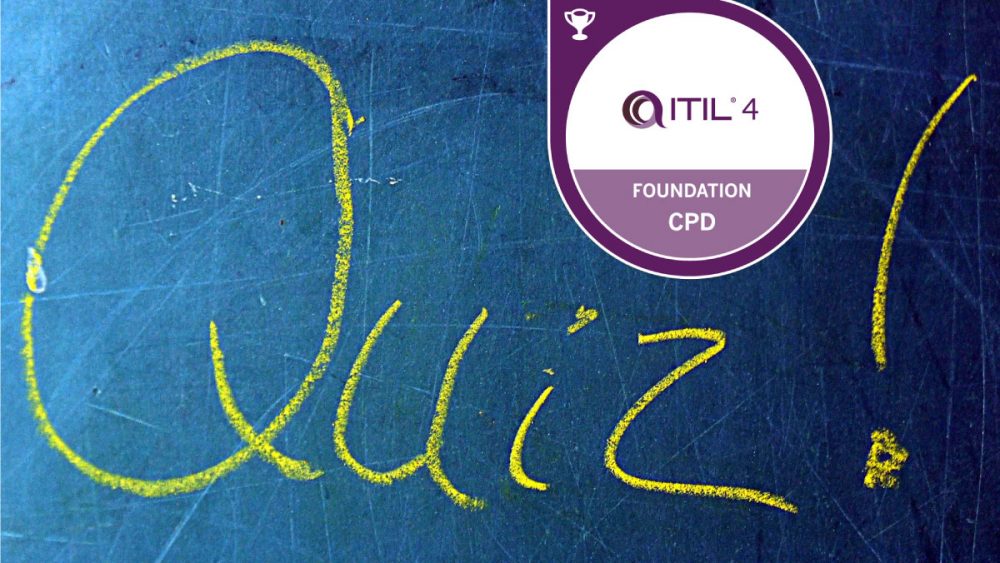 Are you ready to pass the ITIL®4 Foundation exam?... 215.8k views | 111 comments
Are you ready to pass the ITIL®4 Foundation exam?... 215.8k views | 111 comments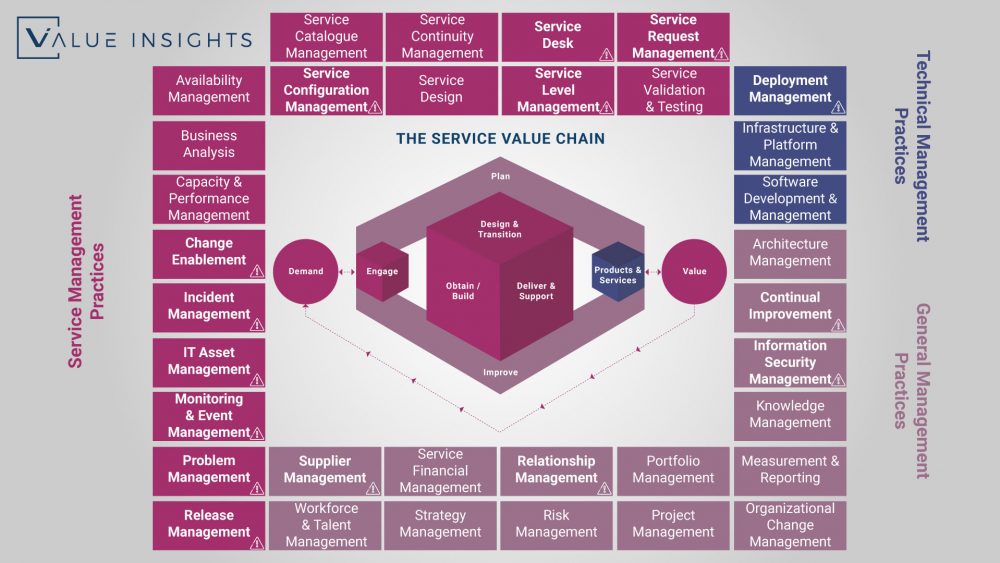 The ITIL 4 Practices Overview 88.4k views | 1 comment
The ITIL 4 Practices Overview 88.4k views | 1 comment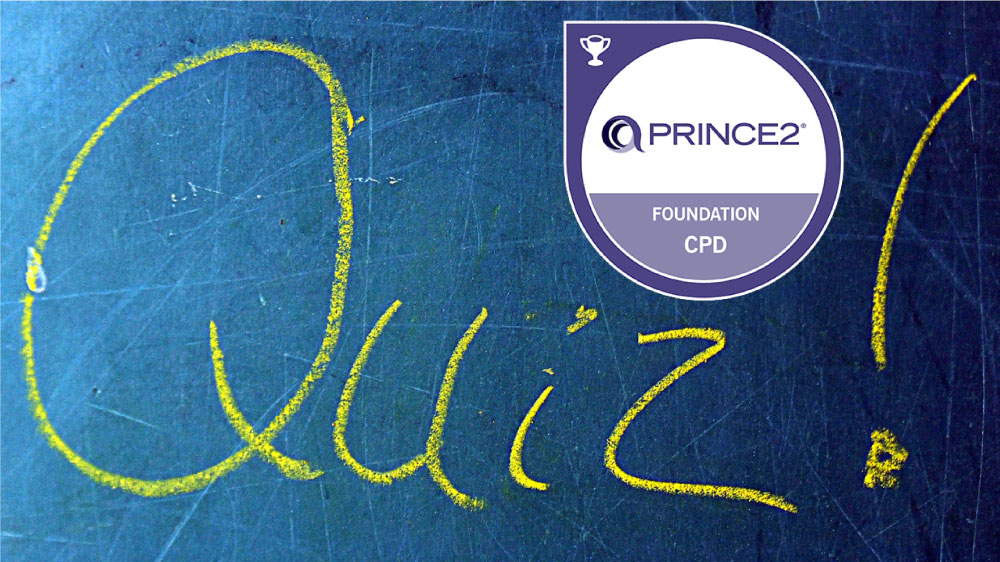 Ready for PRINCE2 Foundation? Check this 40 FREE s... 42.8k views | 24 comments
Ready for PRINCE2 Foundation? Check this 40 FREE s... 42.8k views | 24 comments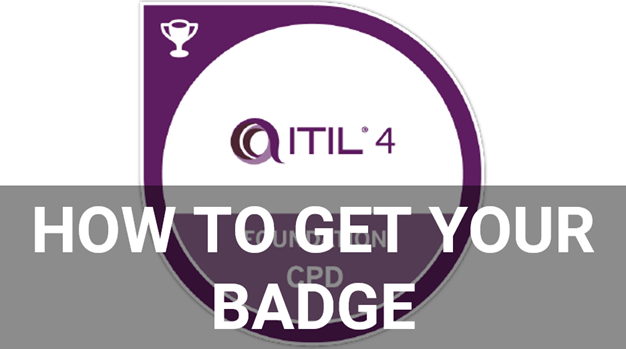 How to get the ITIL 4 Foundation Digital Badge 36.2k views | 11 comments
How to get the ITIL 4 Foundation Digital Badge 36.2k views | 11 comments Are you ready to pass the ITIL®4 Foundation exam?... 35.7k views | 0 comments
Are you ready to pass the ITIL®4 Foundation exam?... 35.7k views | 0 comments


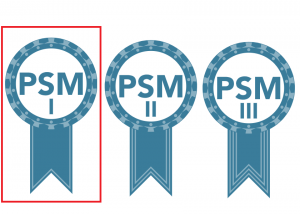


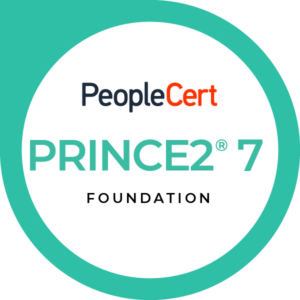


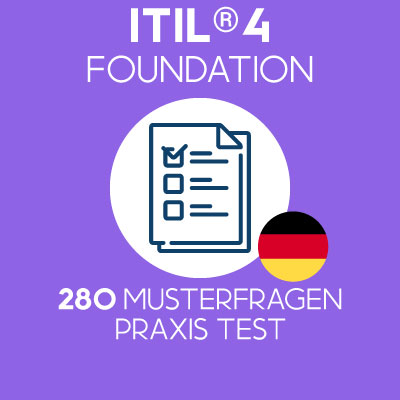
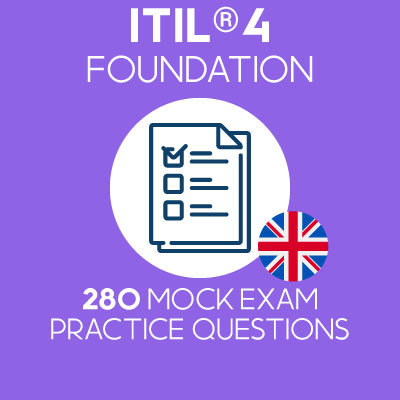
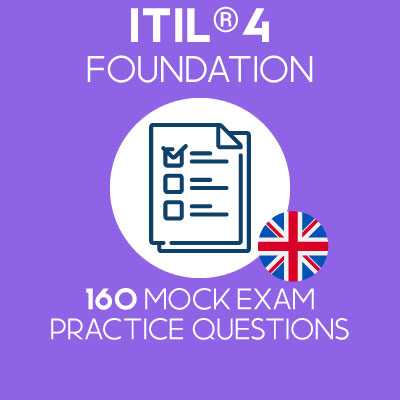
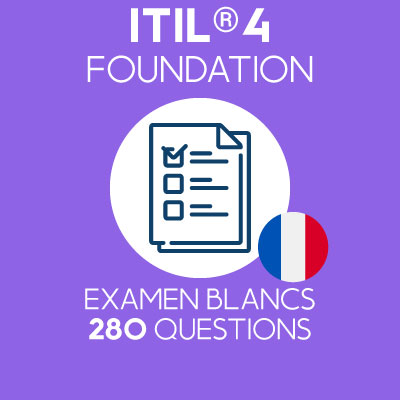
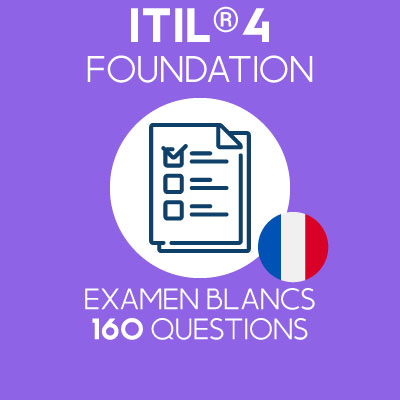
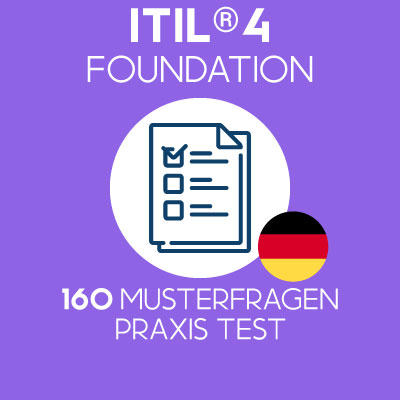
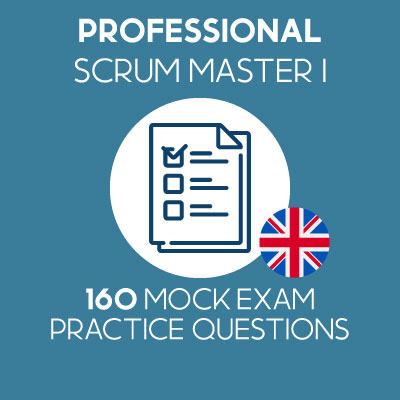
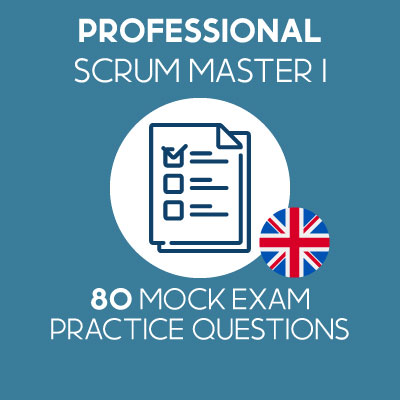
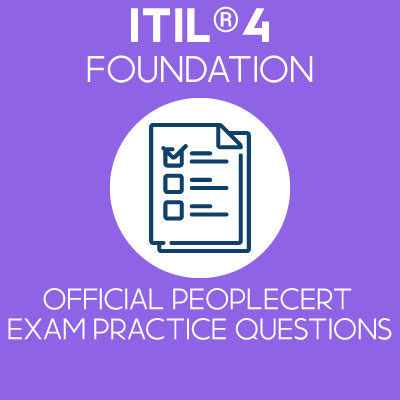
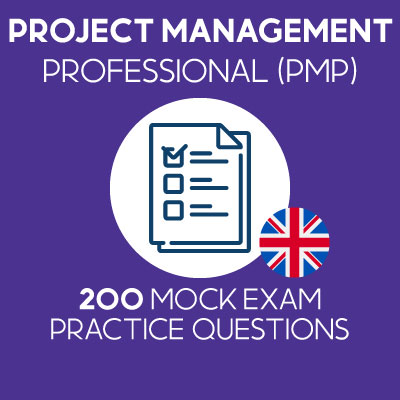
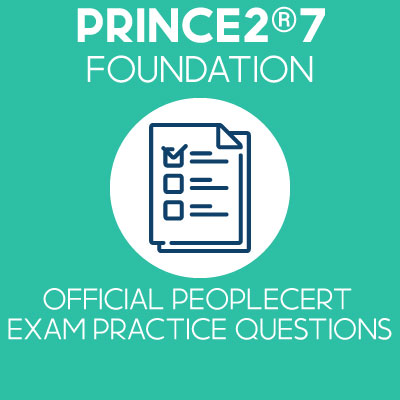
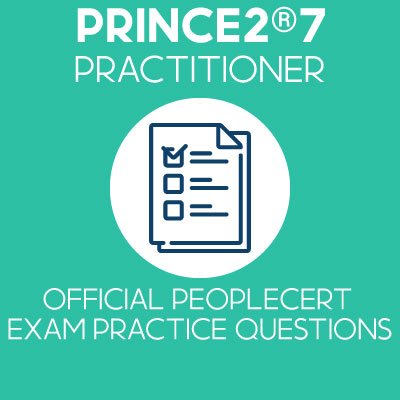
I have a 20-year background in IT and program/project delivery in large fortune 500 global companies and have worked in hybrid agile environments for several years. I primarily took the PMI-ACP because of my familiarity with PMI and the PMI recognition. My day job is not a scrum master or product owner, etc but rather a leader of teams who may be. With all that said I found studying for the exam and concepts fairly easy because of my background. I was more focused on aligning to the PMI terminology and how they would ask and expect answers to the questions. So after about 3-4 weeks of preparation, I took the exam this morning online via Pearson Vue and passed. I agree with the author’s comments regarding the questions. Many are confusing and often the answers are as well or in reality don’t necessarily make sense. I found this distracting and disappointing. I did not have any issues with the administration of the test and it is similar to other online certification tests to confirm the environment you are in and who you are, etc. I was able to look on the Pearson Vue site right after and get a certification exam report with details on how I did across the different domains. It looks like it takes 7-10 days for it to show up on my PMI account or Acclaim. Not sure why it takes so long.
Thank you for your comments regarding your PMI-ACP experience. Similar as you, I was also disappointed by the quality of the questions and answers proposed. Moving on, PMI will have to either fix the exam or even remove this certification all together due to lack of place created by the Discipline Agile certifications and the PMP leaning towards more Agile contents.
I personally feel the PMI-ACP is no more valuable than a SCRUM certification at the professional level. It doesn’t matter how difficult PMI’s exams are made to be because that is not a critical attribute that determines its market value. Making the exam challenging only builds exclusivity for those who are willing to study intensely to earn the PMI seal. Employers may or may not compensate you based on that seal depending on your past work experience and whether or not the role you are applying for values it. Everyone has project management experience but at varying levels of scope. Certifications are great for those who sufficient experience and need to distinguish themselves (i.e., appear more competitive) amongst the applicant pool. Few jobs in the marketplace require PMP or PMI-ACP certification (these are all “nice-to-haves” and serve as “limited insurance” for the employer who is vetting you. I allowed my PMP to expire because I work in the tech industry (it is useless). The ACP does add more value than PMP in my industry. However, SCRUM carries more weight as there is a record of performance linked to those SCRUM practitioners. ACP will likely remain an afterthought compared to PMP due to PMP’s legacy. I recommend people to obtain ACP over PMP for a career in technology, but if they plan on going into the government, I ALWAYS say go PMP.
Thank you for your valuable comments. I can only concur with your assessment that the ACP will remain an afterthought compared to the PMP. I even do believe that the ACP may even go away at one point as PMI (the issuer of PMP) is now proposing a comprehensive Agile certification program with Disciplined Agile (DA). Regarding the PMP, I do believe that it is a valid certification for many industries and positions. It has been running for a long time and is often quoted as a mandatory requirement for project management positions. Last but not least, the recent changes made to the PMP for 2021 (at least 25% of questions on Agile and 25% on hybrid models) will ensure that the PMP stay relevant. For more on this, you can refer to this article: https://www.valueinsights.ch/-the-pmp-version-2021/
I strongly concur with your opinion that the PMI should review the quality of the ACP questions. I took the exam today and almost quit since the quality of the exam questions as you pointed it out. Anyhow, I exercised my principles of self-control 🙂 not quitting it and managed having the same screen that congratulated me to have the exam passed. The result did take me a surprise since English is not my native tone but I’ve been studying, working, and living in The States for more than 30 years. I felt that those exam questions were “awkward” during the exam but thought it could be the result of my language barrier. To prove or disprove my thought after the exam, I searched the Internet and found your article; your opinion in the article proves that my English isn’t that bad… 🙂 🙂 :-), and thank you! Moreover, I also agree with you that the quality issues of the exam questions should not prevent one from taking the exam. I had 10 minutes left before my ending the exam.
Thank you for the comments James. Yes, some of the questions found in the ACP are to my view strangely worded or refer to situations which one would not find in an ideal Agile environment e.g. Agile project manager. I have not encountered such situations in any other Agile related exams I passed (CSM, PSM, PSPO, PSK, etc…). We will have to see the place of the PMI-ACP for PMI once the PMP revision is in effect (now pushed to January 2021) and how DA will have grown by then. In any case, all our congratulations on passing the exam!
Very valid points raised regarding the PMI-ACP certificate. . Also agree with the observations and the conclusions made by the author regarding the PMI-ACP certification. I did take the PMP EXAM online recently which is the 4 hour exam, but did not experience the issues mentioned by the author. Rather the Prometric staff was always available and very helpful and I was generally very satisfied with my experience from registration to completion of the exam. Overall I think this is a timely article with some valid points.
Hello Raj, yes – the experience of passing the exam is rather subjective and will vary from one person to another. On my side, it was not a pleasant experience as explained in the article but that should not prevent one from taking the exam. The validity/worthiness of the ACP is actually the most important criteria to consider due to the recent Disciplined Agile and FLEX acquisitions by the PMI.
i consider my self realy new in this profesional spaces, but i can tell that it was realy instructif. Hope that i can reach my proper orbit. I am very thankfull